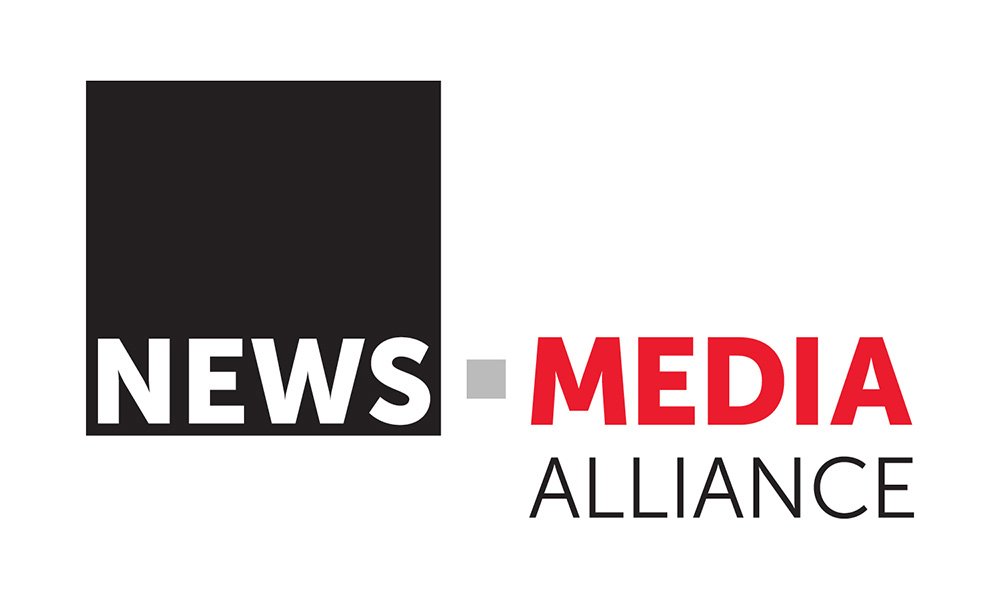The News/Media Alliance (formerly the Newspaper Association of America) has asked federal agencies to investigate Google’s removal of links to California news outlets. Google’s strategy is in response to the proposed California Journalism Protection Act (CJPA), which would require it and other technology companies to pay for links to news content from California-based publishers.
The News/Media Alliance, which represents more than 2,200 publishers, sent a letter Tuesday to the Department of Justice, Federal Trade Commission, and California Attorney General. The removal “appears to be coercive or retaliatory, stemming from Google’s opposition to pending legislative action in Sacramento.”
The CJPA would require Google and other technology platforms to pay California news organizations a fee in exchange for links. The proposed bill passed the state Legislature last year.
In a blog post last week announcing the removal, Jaffer Zaidi, Google’s vice president of global news partnerships, warned that CJPA was “the wrong approach to supporting journalism” (because Google’s Because the current approach does not leave the industry completely in smoldering ruins! Zaidi said the CJPA “would also put smaller publishers at a disadvantage and limit consumer access to a diverse local media ecosystem.” There’s nothing to see here. It’s just that your friendly neighborhood multi-trillion dollar company is looking for this little guy.
Google said the link removal was a test to see how the bill would affect its platform.
“To prepare for the potential impact on CJPA, we are beginning a short-term test with a small portion of our users in California,” Zaidi wrote. “The testing process includes removing links to California news websites that may be subject to the CJPA to measure the law’s impact on our product experience. Until we get clarity on the regulatory environment, we are also pausing further investments in the California news ecosystem, including new partnerships through Google News Showcase, our products and licensing programs for news organizations, and plans to expand the Google News Initiative. .”
In its letter, The News/Media Alliance lists several laws it believes Google could violate with a “short-term” takedown. Potential federal violations include the Lanham Act, the Sherman Antitrust Act, and the Federal Trade Commission Act. The letter to the California AG cited the state’s Unruh Civil Rights Act, False Advertising and Misrepresentation Regulations, the California Consumer Privacy Act, and the California Unfair Competition Law (UCL).
“What matters is how many Californians will be affected, how the Californians who will be denied access to news are selected, what publications will be affected, and whether a forced news blackout will “Google hasn’t released any further details about how long it will last or whether access will be completely blocked,” or simply content that Google specifically dislikes.” CEO Daniel Coffey said in a letter to the Justice Department and FTC. “Because of these unknowns, Google’s unilateral decision to block Californians’ access to news websites could violate the law in a number of ways.”
Google has a mixed track record of responding to similar laws. It shut down Google News from Spain for seven years in response to local copyright laws that required licensing fees to publishers. However, the company signed a deal worth about $150 million to pay Australian publishers, backing away from its threat to pull news from Canadian search results and instead paying $74 million as required by the Online News Act. spent dollars.
Google made more than $73 billion in profits in 2023. The company’s market capitalization currently stands at $1.94 trillion.

